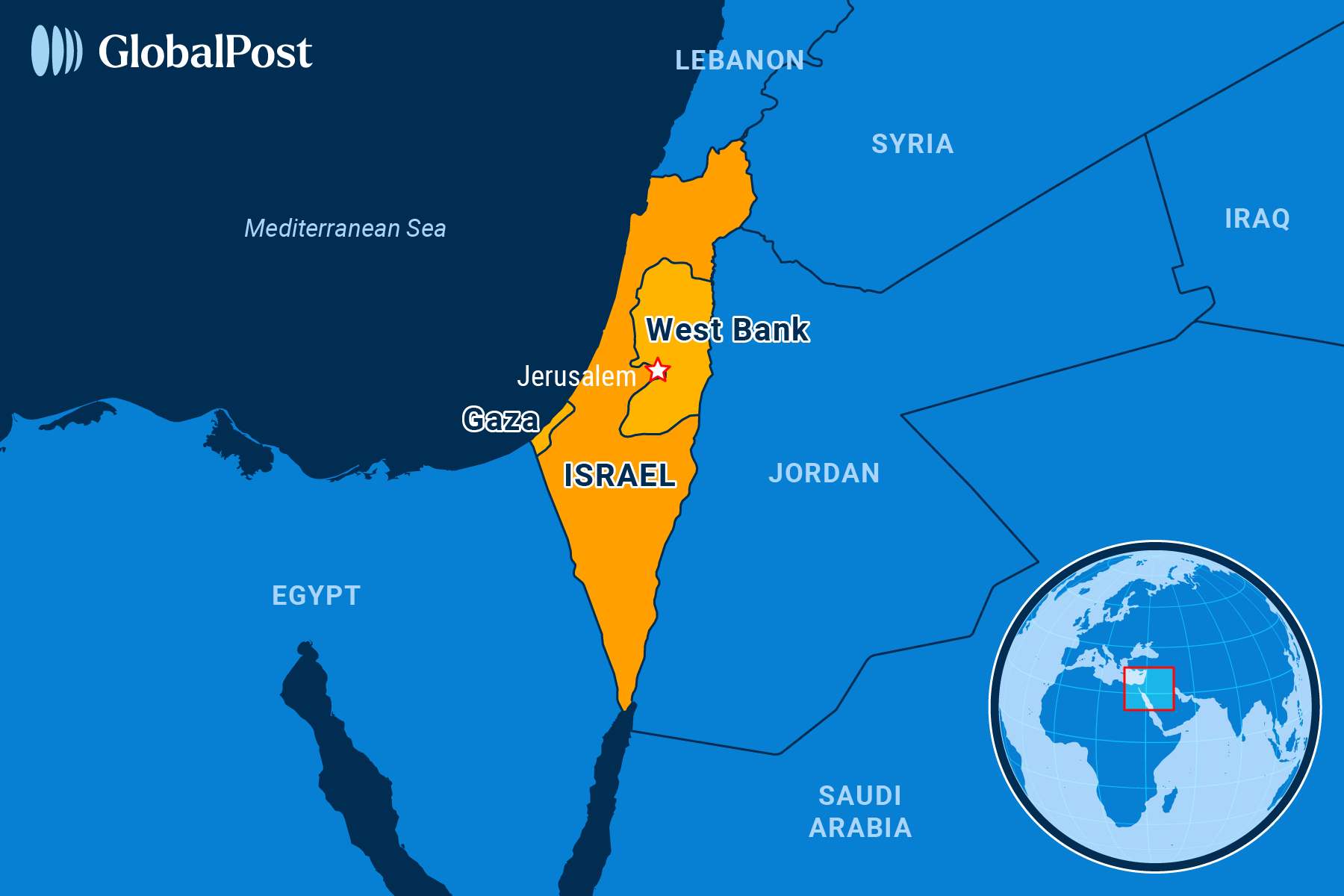The Pressure From Below

The International Court of Justice (ICJ) released a legal opinion declaring Israeli policies and practices in the occupied West Bank and East Jerusalem as unlawful, a non-binding decision that could impact Israel’s international standing and add pressure on the country to agree to a Palestinian state, Axios reported.
The case began early last year when the world court was tasked by the United Nations General Assembly to determine whether Israeli occupation of the territories amounted to annexation.
Israel captured the West Bank, East Jerusalem and the Gaza Strip in the 1967 Six-Day War. The international community considers these areas as occupied territories and most Western nations deem the Israeli settlements built in these areas to be illegal, according to the Associated Press.
In Friday’s advisory opinion, the ICJ found that Israeli settlements and presence in the occupied West Bank are in violation of international law: It said that the policies to expand settlements and exploit natural resources in the territory amount to “annexation.”
It ordered Israel to end the construction of settlements and remove existing ones, as well as evacuate Jewish settlers from the territories.
The court’s opinion also said Israeli law and actions in the West Bank and East Jerusalem violated the Convention against Racial Discrimination. It added that Israel must provide reparations to Palestinians damaged by Israeli policies and practices, while calling on all countries to consider Israel’s presence in the West Bank as illegal.
The court stated that the UN General Assembly and the UN Security Council should contemplate additional measures, based on its advisory opinion, to bring an end to the Israeli occupation.
While the opinion is non-binding and unlikely to lead to any policy change, it could impact Israel’s international reputation and domestic politics. It has also sparked fears that it will encourage some Western nations to impose sanctions against settlers, entities that operate in the settlements and the Israeli government. The US government has imposed sanctions on some settlers and is currently considering expanding those to right-wing ministers in the cabinet.
Israel’s governing coalition, made up of ultra-conservative and pro-settler parties, criticized the ICJ for being “detached from the reality of the Middle East.”
Prime Minister Benjamin Netanyahu condemned it for distorting historical truth and legality.
The legal opinion comes as Israel and Hamas continue fighting in the Gaza Strip, which has exacerbated the humanitarian situation in the Palestinian enclave and prompted international condemnation against Netanyahu’s cabinet.
The conflict began on Oct. 7 when Hamas and its allies launched a surprise attack in southern Israel, killing around 1,200 people and taking around 240 others hostages. Israel responded by launching strikes and a ground invasion in the enclave that has displaced hundreds of thousands and killed more than 38,000 people, according to health officials in Hamas-controlled Gaza.
Last week, Human Rights Watch described Hamas’s October attack as a planned “systematic” assault against civilians, the Washington Post wrote. The organization released a report Wednesday condemning deliberate attacks on civilians, the use of human shields, and cruel treatment as war crimes and crimes against humanity.
Meanwhile, observers noted that the ICJ’s opinion could prompt calls for a Palestinian state and revive proposals for a two-state solution, which Israel has thus far ruled out, but is being pushed to do so by its allies, including the United States.
Before the court’s decision, the Israeli parliament voted 68-9 against establishing a Palestinian state, saying its creation will “pose an existential danger to the State of Israel,” NBC News noted.
The vote could strain relations with the US, especially ahead of Netanyahu’s visit to address Congress and meet President Joe Biden.
Even so, some analysts said the vote reflects declining support for a two-state solution over the years.
A Pew Research Center poll found that in March and early April, only 26 percent of Israelis believed peaceful coexistence with an independent Palestinian state was possible, down from 35 percent before the Oct. 7 assault.
The research center highlighted that this marked a significant decline from 2013 when around half of Israelis supported a two-state solution.

Subscribe today and GlobalPost will be in your inbox the next weekday morning
Join us today and pay only $32.95 for an annual subscription, or less than $3 a month for our unique insights into crucial developments on the world stage. It’s by far the best investment you can make to expand your knowledge of the world.
And you get a free two-week trial with no obligation to continue.
